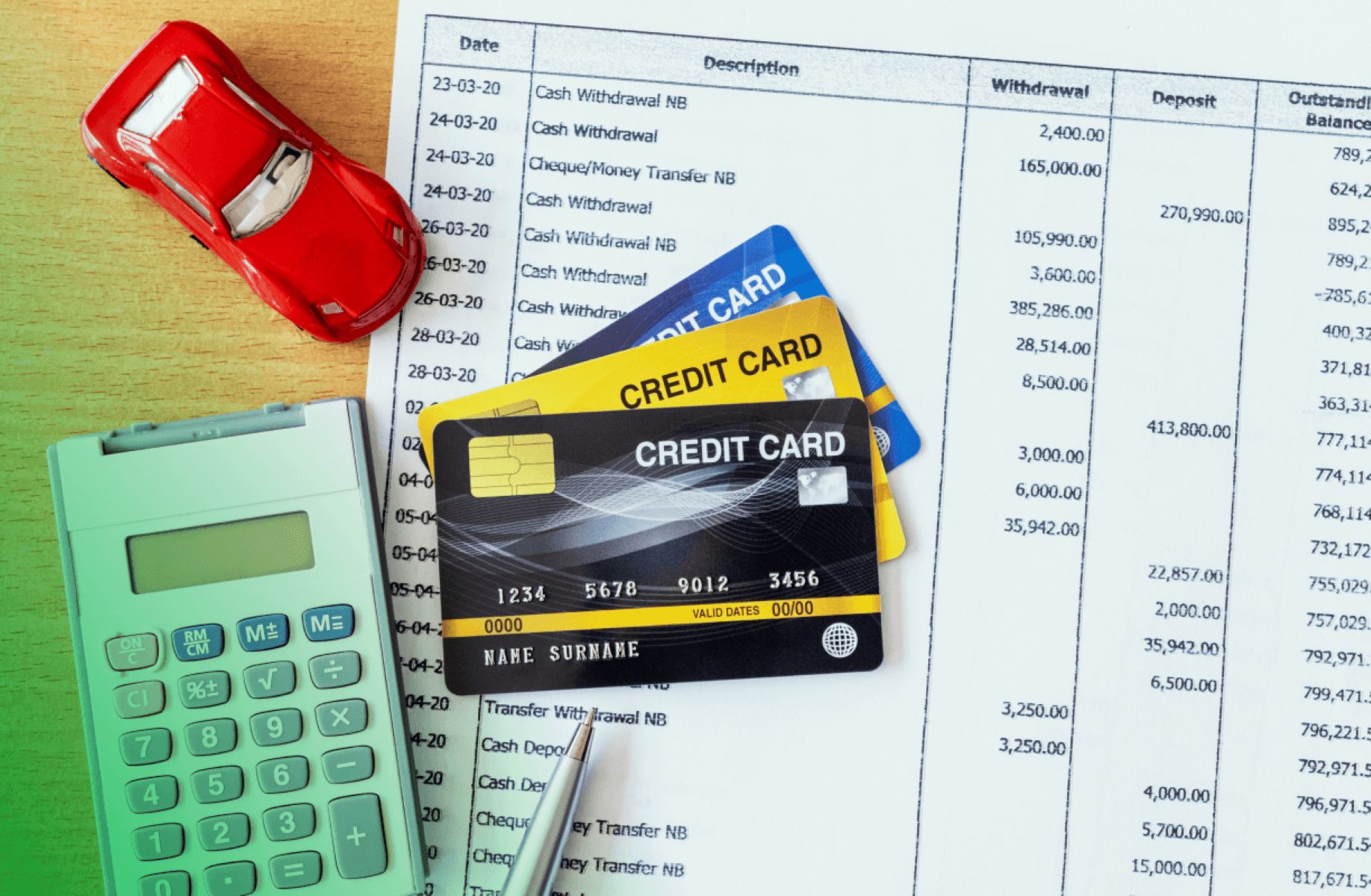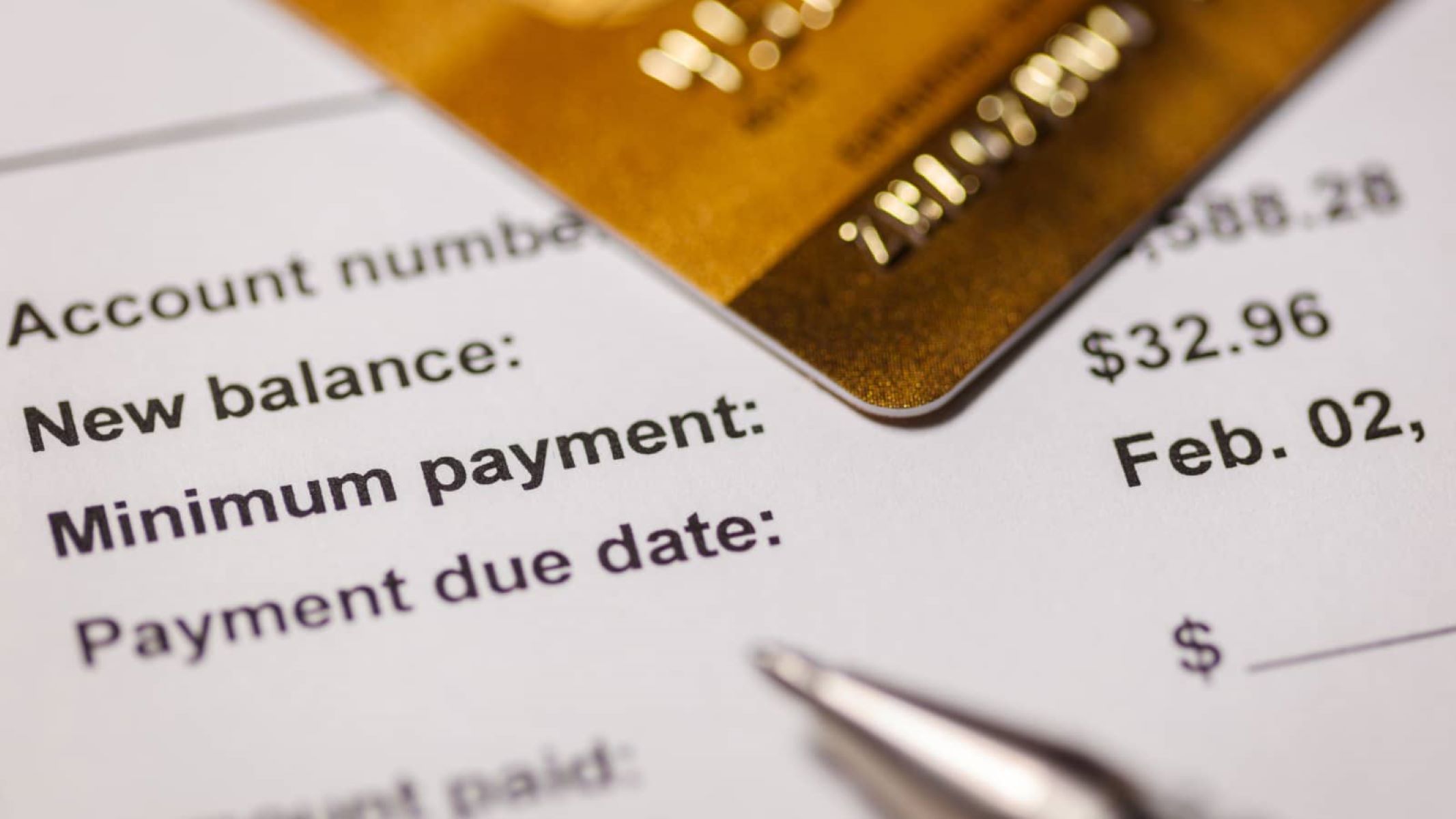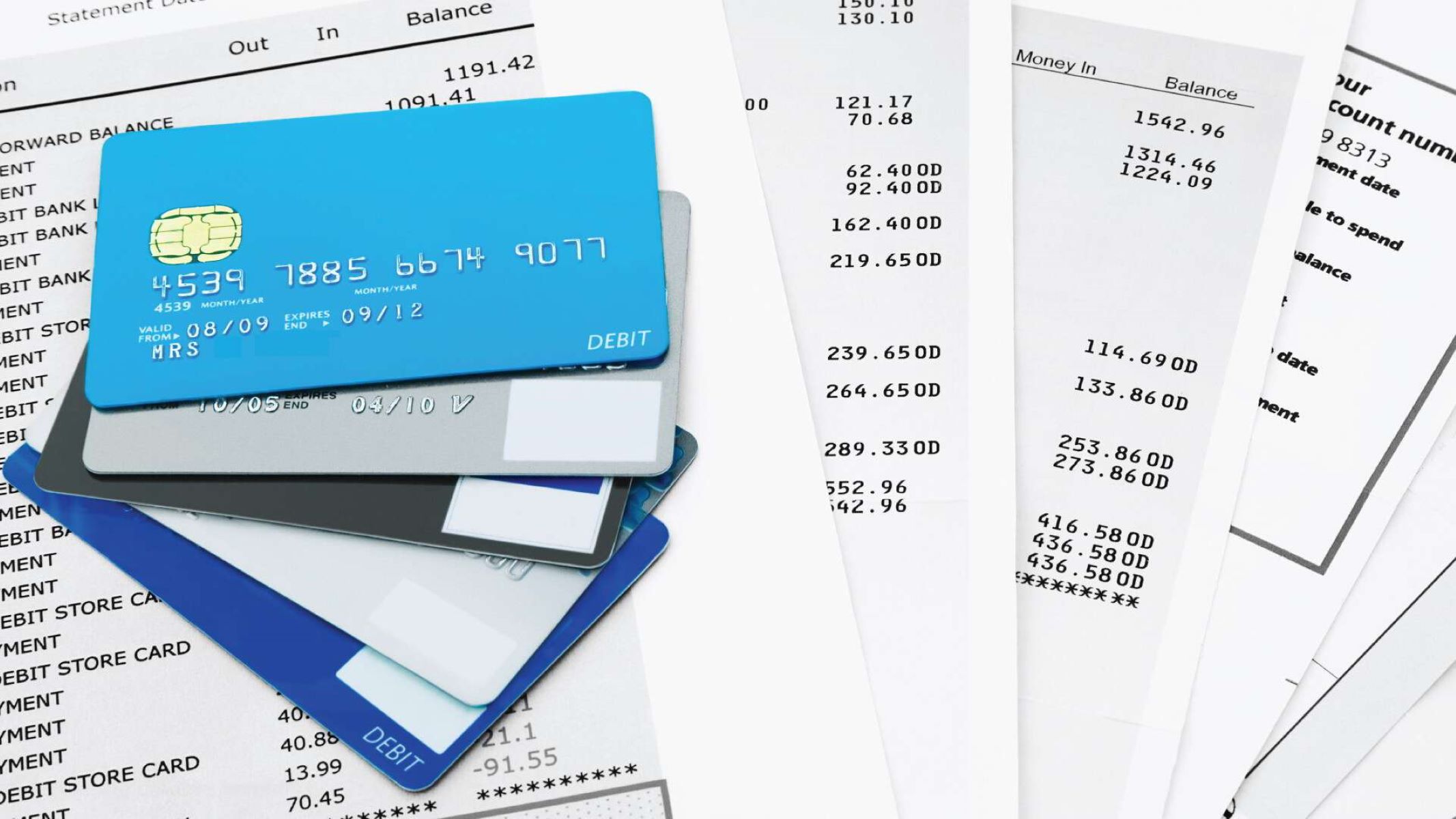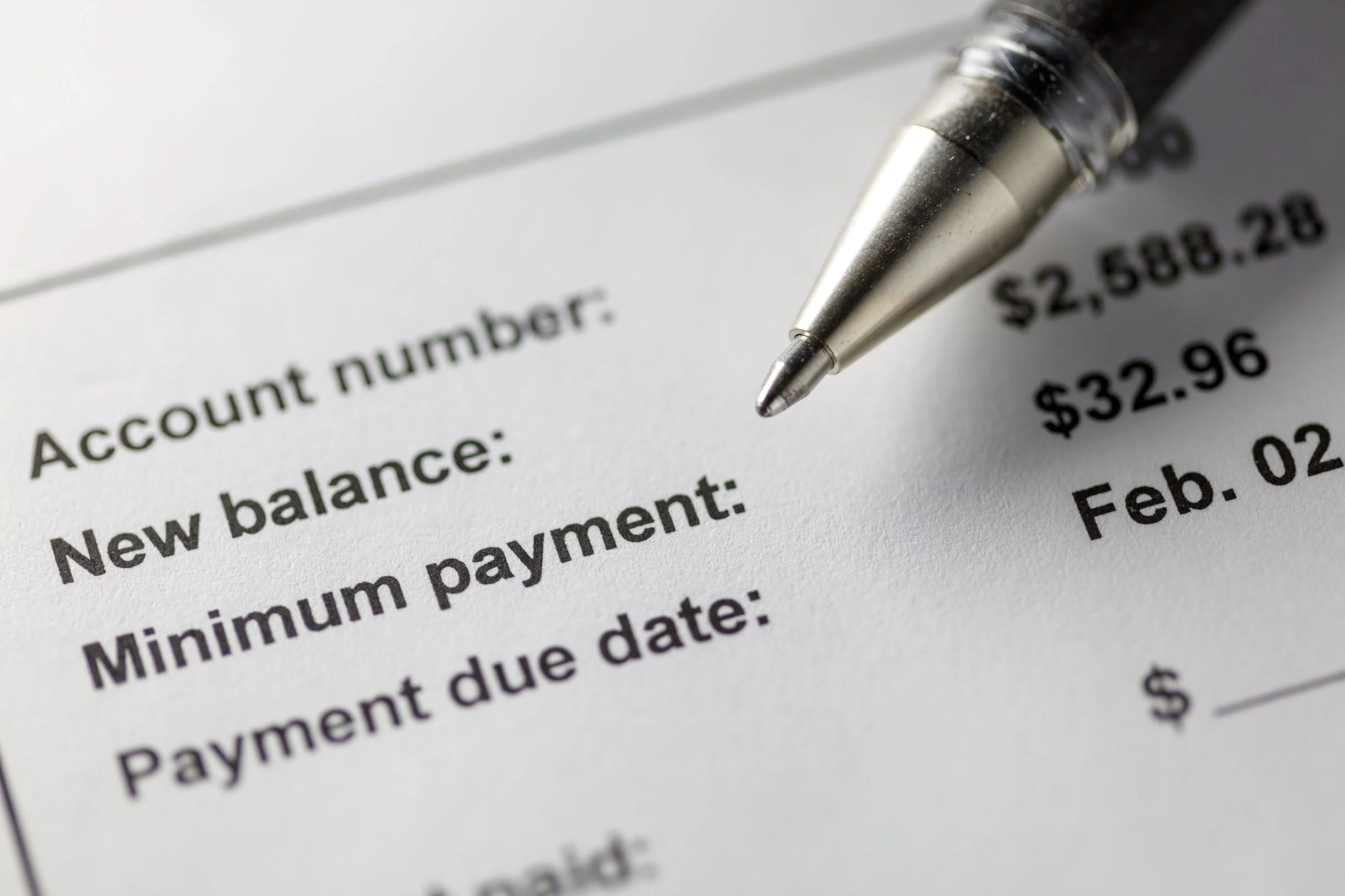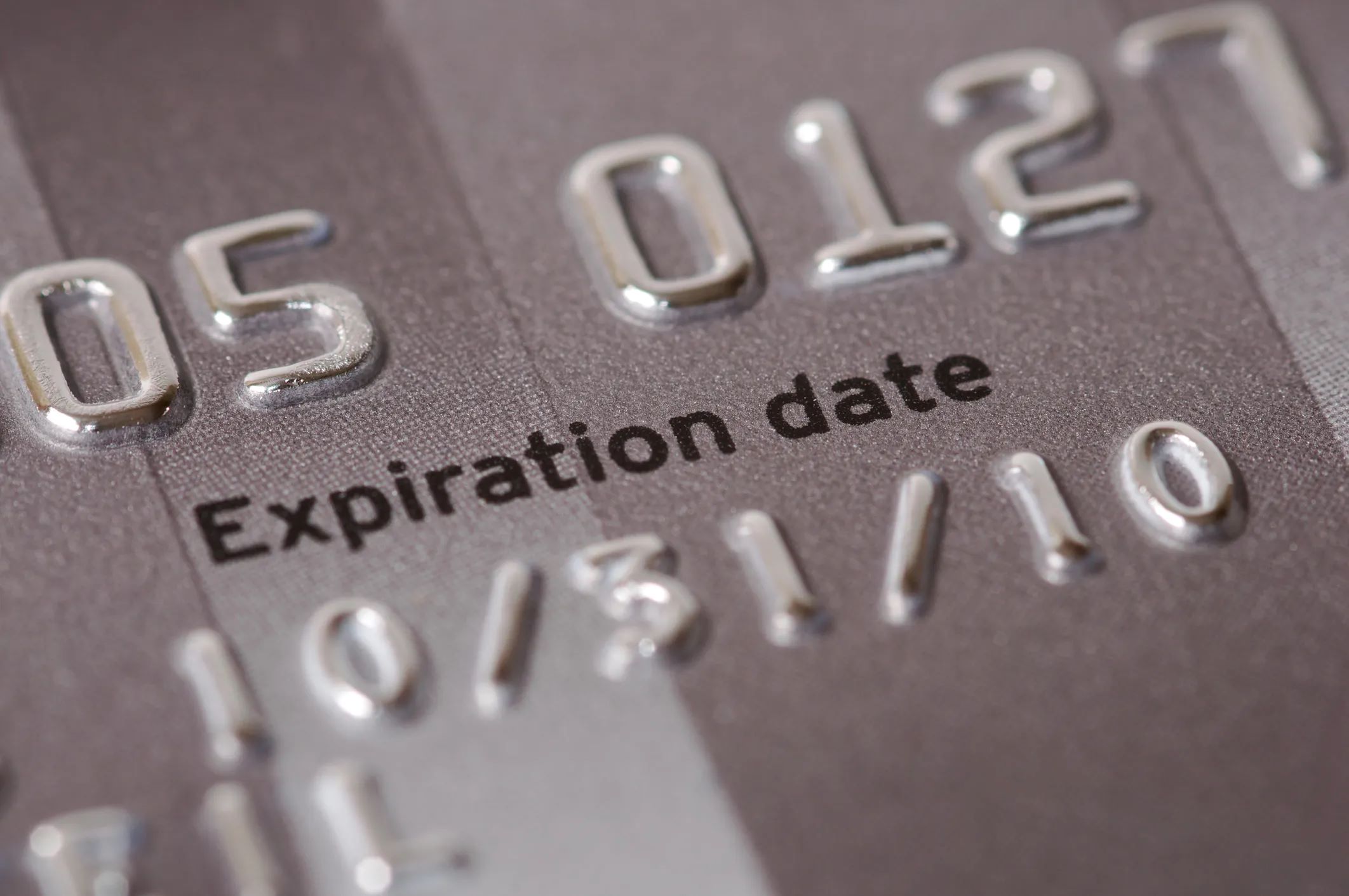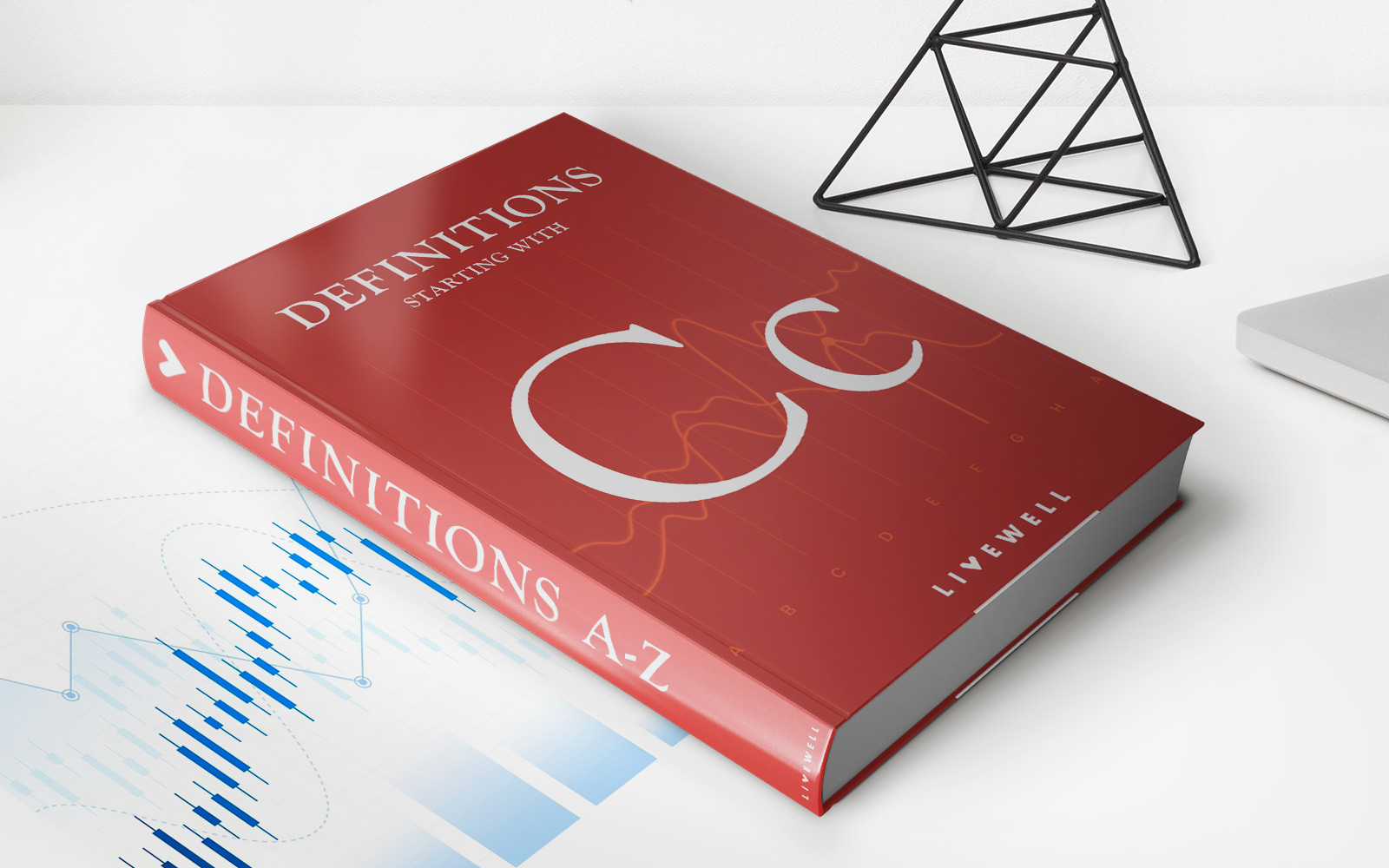

Finance
When Is The Closing Date On A Credit Card
Modified: March 2, 2024
Learn about the closing date on a credit card and manage your finances effectively. Find out when is the best time to make payments and avoid late fees.
(Many of the links in this article redirect to a specific reviewed product. Your purchase of these products through affiliate links helps to generate commission for LiveWell, at no extra cost. Learn more)
Table of Contents
Introduction
When it comes to credit cards, understanding the various important dates can be a bit overwhelming. From the statement date to the payment due date, each day plays a crucial role in managing your credit card payments effectively. One such important date is the closing date.
The closing date, also known as the statement closing date or statement date, is a significant milestone in the credit card billing cycle. It marks the end of the billing period and signifies the date on which your credit card issuer generates a statement summarizing your transactions and outstanding balance. While it may seem like just another date, understanding the impact of the closing date can greatly benefit your overall credit card management strategies.
In this article, we will delve into the specifics of the closing date, its importance, and how it affects your credit card payments. By the end, you will have a clear understanding of why paying attention to the closing date can make a significant difference in your financial well-being.
What is a Closing Date?
The closing date, also referred to as the statement closing date or statement date, is the date on which your credit card issuer finalizes your billing cycle for a specific period. It is the last day that transactions are included in your current statement and marks the beginning of a new billing cycle.
During the billing cycle, which typically lasts for about 30 days, any purchases, cash advances, balance transfers, or other activities made using your credit card are recorded and accumulated. These transactions are then summarized in the credit card statement, which reflects the outstanding balance, minimum payment due, and other important details.
The closing date is determined by your credit card issuer and is consistent month over month. It can be found on your credit card statement or through your online banking portal. It is essential to be aware of this date as it sets the timeline for your credit card payment.
Typically, the closing date occurs around the same day each month, but it may vary depending on the credit card issuer. For example, your closing date might be on the 15th of every month, meaning your billing cycle will run from the 16th of one month to the 15th of the next.
It’s worth noting that the closing date is different from the payment due date, which we will discuss in more detail later. Understanding the distinction between these two dates is crucial for effective credit card management.
Importance of the Closing Date
The closing date holds significant importance in managing your credit card payments and overall financial well-being. Here are a few reasons why understanding and keeping track of the closing date is essential:
- Accuracy of Statement: The closing date determines the end of your billing cycle. By keeping track of this date, you can ensure that all your transactions are accurately reflected on your credit card statement. This allows you to review your purchases, identify any discrepancies, and reconcile your expenses efficiently.
- Payment Due Date Calculation: The closing date is used to calculate the payment due date. By knowing your closing date, you can determine when your payment is due. This, in turn, enables you to plan your finances accordingly and ensure that you make timely payments to avoid any late fees or negative impact on your credit score.
- Budgeting and Planning: The closing date plays a crucial role in budgeting and planning your expenses. By being aware of when your billing cycle ends, you can align your spending habits and financial plans accordingly. This allows you to monitor your credit card usage, track your expenses, and make adjustments, if needed, to stay within your budget.
- Balance Calculation: The closing date is instrumental in determining your outstanding balance, which is the amount you owe on your credit card at the end of the billing cycle. This information is crucial for managing your overall credit utilization ratio, a significant factor affecting your credit score. By knowing your closing date, you can make informed decisions on paying down your balance to maintain a healthy credit utilization ratio.
- Interest Calculation: The closing date also impacts how interest charges are calculated on your credit card. Most credit cards have a grace period, typically around 21 days, during which you can pay off your balance in full without incurring any interest charges. By understanding your closing date, you can maximize your grace period and avoid unnecessary interest charges on your purchases.
By recognizing the importance of the closing date, you can take control of your credit card payments and develop effective strategies to manage your finances more efficiently. It allows you to stay organized, avoid unnecessary fees, improve your credit score, and work towards your financial goals with greater confidence.
How Does the Closing Date Affect Credit Card Payments?
The closing date has a direct impact on your credit card payments and how they are applied. Understanding how the closing date affects your payments is crucial for managing your credit card effectively. Here are a few key ways in which the closing date influences your credit card payments:
- Statement Balance: The closing date determines the amount that appears on your credit card statement as the statement balance. It includes all the transactions made during the billing cycle up until the closing date. This balance is what you need to pay off by the payment due date to avoid any interest charges.
- Payment Due Date Calculation: The closing date is used to calculate the payment due date. Typically, the payment due date is set a few weeks after the closing date, giving you sufficient time to review your statement and make the payment. It is important to pay attention to this date to avoid any late payment fees or negative impact on your credit score.
- Grace Period: The closing date also affects the grace period, which is the time between the closing date and the payment due date. During this period, you can pay off your statement balance in full without incurring any interest charges. By understanding your closing date, you can maximize your grace period and make the most of interest-free spending.
- Transaction Timing: The closing date influences how your transactions are allocated to the statement period. Any transactions made before the closing date will be included in the current statement, while transactions made after the closing date will be part of the next statement. It’s important to be mindful of the closing date when planning your purchases to ensure they fall within the desired billing cycle.
- Interest Charges: If you carry a balance on your credit card beyond the payment due date, interest charges will be applied. The closing date plays a role in determining the average daily balance, which is used to calculate the interest charges. By paying off your statement balance in full by the payment due date, you can avoid interest charges on your purchases.
Understanding how the closing date affects your credit card payments allows you to plan and manage your finances more effectively. By staying informed and making timely payments, you can avoid fees, optimize your grace period, and maintain a healthy credit score.
Understanding the Closing Date vs. Due Date
While the closing date and due date are both important dates in the credit card billing cycle, they serve different purposes and understanding the difference between them is essential. Here’s a breakdown of the closing date and due date and how they differ:
Closing Date: The closing date, also known as the statement closing date, marks the end of your billing cycle. It is the date on which your credit card issuer calculates your statement balance and generates your credit card statement. All transactions made before this date are included in the current statement, while any transactions made after the closing date will be part of the next billing cycle.
Due Date: The due date, also referred to as the payment due date, is the date by which you need to make at least the minimum payment on your credit card balance to avoid any late payment fees or negative implications on your credit score. It is typically set a few weeks after the closing date, giving you ample time to review your statement, reconcile your expenses, and make the payment.
The key distinction between the closing date and the due date is that the closing date determines the statement balance, while the due date is the deadline for making the payment. By understanding this difference, you can effectively manage your credit card payments and avoid any unnecessary fees or penalties.
It’s important to note that paying only the minimum amount due by the payment due date will result in interest charges on the remaining balance. To avoid interest charges, it’s advisable to pay off the statement balance in full by the due date, utilizing the grace period offered by your credit card issuer.
Monitoring both the closing date and due date is crucial for staying on top of your credit card payments. By keeping track of these dates and planning your finances accordingly, you can maintain a healthy credit card balance, avoid interest charges, and cultivate responsible credit management habits.
Tips for Managing Credit Card Payments
Managing credit card payments effectively is crucial for maintaining financial stability and optimizing your credit score. Here are some useful tips to help you manage your credit card payments:
- Know Your Closing Date and Due Date: Familiarize yourself with the closing date, which marks the end of the billing cycle, and the due date, by which you need to make your payment. Understanding these dates will help you plan your finances and avoid any late payment fees.
- Create a Payment Schedule: Create a payment schedule that aligns with your closing date and due date. Set reminders or automate your payments to ensure they are made on time consistently. This will help you avoid any late payment fees or negative impact on your credit score.
- Pay Your Balance in Full: Whenever possible, pay off your credit card balance in full to avoid interest charges. If you cannot pay the full balance, strive to pay more than the minimum payment due to reduce the amount of interest you accrue.
- Monitor Your Statement: Regularly review your credit card statement to check for any errors, unauthorized charges, or discrepancies. If you notice any issues, contact your credit card issuer immediately to rectify them.
- Track Your Expenses: Keep track of your credit card expenses to stay within your budget. Monitoring your spending will help you identify any potential overspending habits and allow you to make necessary adjustments to keep your finances in check.
- Avoid Cash Advances: Cash advances on your credit card usually come with high-interest rates and fees. Whenever possible, avoid using your credit card for cash advances to minimize additional charges.
- Utilize Technology: Take advantage of technology to manage your credit card payments efficiently. Use mobile banking apps or online platforms to track your transactions, set up payment alerts, and access your statements easily.
- Consider Automatic Payments: If you struggle with remembering payment due dates, setting up automatic payments can be a helpful solution. Ensure that you have sufficient funds in your bank account to cover the payments, and regularly review your statements to confirm the accuracy of your automatic payments.
- Manage Credit Utilization: Keep your credit utilization ratio in check by utilizing only a portion of your available credit. Aim to keep your credit utilization below 30% to maintain a positive impact on your credit score.
- Communicate with Your Credit Card Issuer: If you are facing financial difficulties or anticipate challenges in making your credit card payments, reach out to your credit card issuer. They may be able to offer assistance or suggest alternative payment arrangements.
By implementing these tips, you can manage your credit card payments effectively, maintain control of your finances, and build a strong credit history. Remember, responsible credit card usage is key to achieving your financial goals and securing a healthy financial future.
Conclusion
Understanding the closing date on your credit card and its impact on your payments is crucial for effective credit card management. By recognizing the significance of the closing date, you can navigate your billing cycle with confidence, make timely payments, and maintain a healthy credit score.
The closing date marks the end of your billing cycle and determines the statement balance, while the payment due date is the deadline for making your payment. By keeping track of these dates and aligning your payment schedule accordingly, you can avoid late payment fees and interest charges.
Managing credit card payments effectively involves staying organized, tracking your expenses, and making informed financial decisions. By paying off your balance in full whenever possible, monitoring your statement for accuracy, and utilizing technology to facilitate payment reminders and access to your statements, you can stay on top of your credit card payments.
Additionally, it’s important to manage your credit utilization ratio, avoid cash advances, and communicate with your credit card issuer if you encounter any financial difficulties. By implementing these tips, you can maintain control of your credit card payments, build a positive credit history, and work towards achieving your financial goals.
Remember, responsible credit card management is about more than just making payments on time. It’s about understanding the various dates and terms associated with your credit card, monitoring your spending, and utilizing the available resources to stay financially empowered.
So, stay informed, take control, and manage your credit card payments effectively to pave the way for a brighter financial future.

